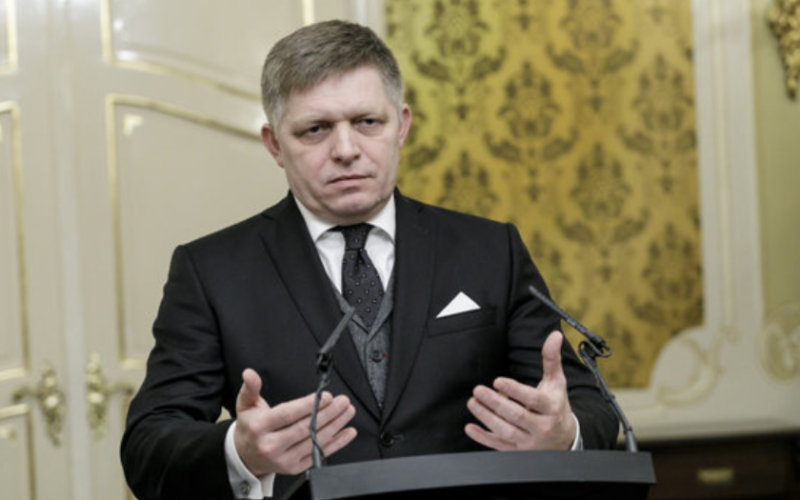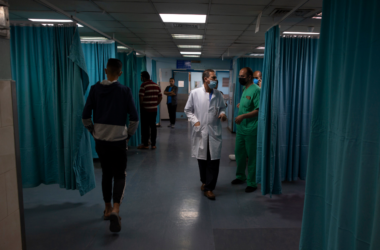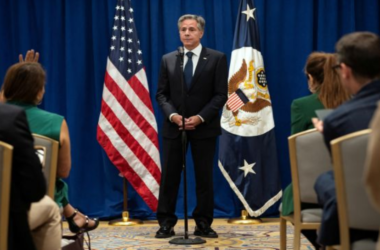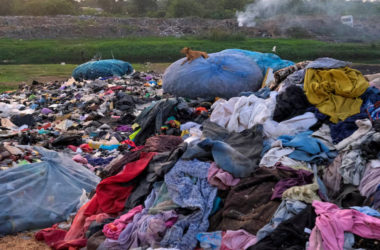“We are a peaceful country. We will not send a single round to Ukraine.”
That was Robert Fico’s blunt message to some 300 supporters at a political rally last week in the western Slovakian town of Banovce nad Bebravou, ahead of a Sept. 30 election that the populist former prime minister is favorite to win.
Were he to follow through on his promise, it would represent a sea-change for Slovakia, until now a staunch ally of its eastern neighbor Ukraine in its war against Russia. Bratislava has supplied weapons and offered strong political support to Kyiv within the European Union and NATO.
“They will have to sit down anyway and find an agreement,” said Fico. “Russia will never leave Crimea; it will never leave the territories that it controls.” He has raised eyebrows in Brussels and beyond by criticizing sanctions against Russia, calling for a rapprochement with Moscow when the war ends, and pledging to veto Ukraine’s membership in NATO if ever that possibility arises.
On the campaign trail, Fico has said the war “started in 2014 when Ukrainian Nazis and fascists started murdering Russian citizens in Donbas and Luhansk,” and this goes against the consensus of his Western colleagues.
His party is narrowly ahead in polls in a country where voters are weary of economic pain from COVID restrictions, high inflation linked to the Ukraine war, and a surge in illegal migrants.
Fico could also ally himself with Hungarian Prime Minister Viktor Orban, who has maintained close ties to Russia, raising the prospect of more clashes with Brussels over the rule of law, the war in Ukraine, and migration.








